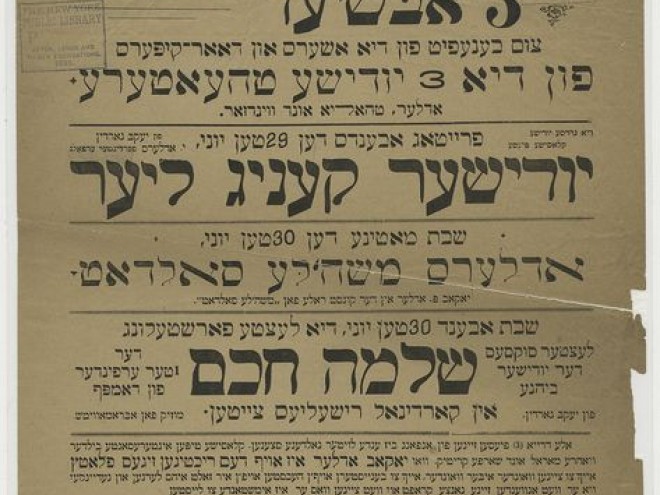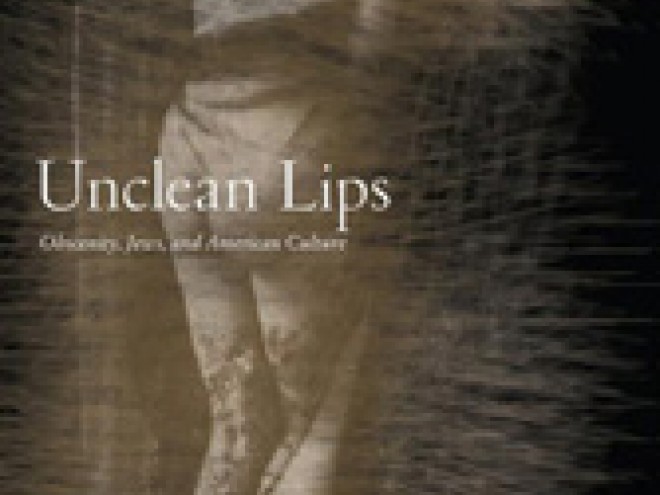Earlier this week, Josh Lambert wrote about the importance of exposing teenagers to great Jewish books. His most recent book is Unclean Lips: Jews, Obscenity, and American Culture. He has been blogging here all week for Jewish Book Council’s Visiting Scribe series.
 In my last post, I mentioned that Philip Roth’s Goodbye, Columbus changed my life when I picked it up off a dusty shelf in the basement of my parents’ house when I was about 17. If not for that book, I probably wouldn’t have spent so much time thinking about modern Jewish literature since then.
In my last post, I mentioned that Philip Roth’s Goodbye, Columbus changed my life when I picked it up off a dusty shelf in the basement of my parents’ house when I was about 17. If not for that book, I probably wouldn’t have spent so much time thinking about modern Jewish literature since then.
Roth’s first book resonated with me because it’s funny and acidly observant of a Jewish community that wasn’t too different from the one I grew up in, in Toronto, and because its title novella is powerfully evocative of a young man’s growth into maturity. But what was most stunning to me was that I had found the book on my own, rather than being handed it by my parents or teachers.
At the time, I was a student at a Jewish day school, from which I would go on to graduate after twelfth grade. Throughout high school, I spent hours each day in classes on Tanakh, Talmud, and Jewish ethics. In English class, though, we read exactly what would be read in any public school: Shakespeare, George Orwell, and, when it came to more contemporary fiction, popular non-Jewish writers like Barbara Kingsolver. It wasn’t until I arrived at college—a centuries-old, nonsectarian institution named for a Puritan minister—that I learned the names Sholem Aleichem, Isaac Babel, and Cynthia Ozick.
What’s strange about this is that these authors’ works have such deep textual relationships to the classical Jewish texts I was studying in high school. And, even more important, they directly address the central question that my community Jewish day school seemed to want me and my classmates to be thinking about: what does it mean to be a Jew today, in a cosmopolitan culture?
I realize, of course, why in earlier generations a book like Roth’s might not have been thought appropriate for a Jewish day school. Even in the 1990s, there might have been teachers and administrators at my school who would have worried that Roth’s story “The Conversion of the Jews,” about a kid in a Jewish supplementary school class who asks the most loaded theological question and then threatens to jump off the roof, might have given us some bad ideas. Literature is subversive; S. Y. Abramovitch, who became known as Mendele Mocher Sforim and as the grandfather of modern Hebrew and Yiddish literature, was once literally run out of town because his satires were so biting.
But does that mean these texts have no place in Jewish education? I hope not.
I hope, on the contrary, that Jewish day school teachers and administrators realize that literature that asks difficult questions about Jewishness and forces us to confront the conflicts and tensions within Jewish life can be one of the best ways to reach teenagers, and that it can help them to think about who they are, where they come from, and what choices they want to make.
That’s why I’m delighted to have the opportunity to lead the first Great Jewish Books Teacher Workshop, this summer at the Yiddish Book Center. Educators from across North America will come together to read and discuss some of the most fascinating modern Jewish texts and to develop new ways of introducing that literature into the curriculum, in English and language arts, Jewish history, social studies. Then we’ll work collaboratively all year to integrate these ideas into classrooms.
Will exposing more teenagers to modern Jewish literature solve all the problems facing the American Jewish population? Of course not. But will it help to create a generation that is more thoughtful, more committed, and more willing to face the challenges head-on? I think it will.
Josh Lambert is the Academic Director of the Yiddish Book Center and a Visiting Assistant Professor of English at the University of Massachusetts, Amherst. Read more about the Great Jewish Books program at the Yiddish Book Center here.
Related Content:
- Jewish People and Books by Yehuda Kurtzer
- American Jewish Fiction: A JPS Guide by Josh Lambert
- Day Schools and the End of the Melting Pot by Jonathan Krasner
Josh Lambert (web/twitter) is the Sophia Moses Robison Associate Professor of Jewish Studies and English, and Director of the Jewish Studies Program, at Wellesley College. His books include Unclean Lips: Obscenity, Jews, and American Culture (2014), and The Literary Mafia: Jews, Publishing, and Postwar American Literature (2022).



